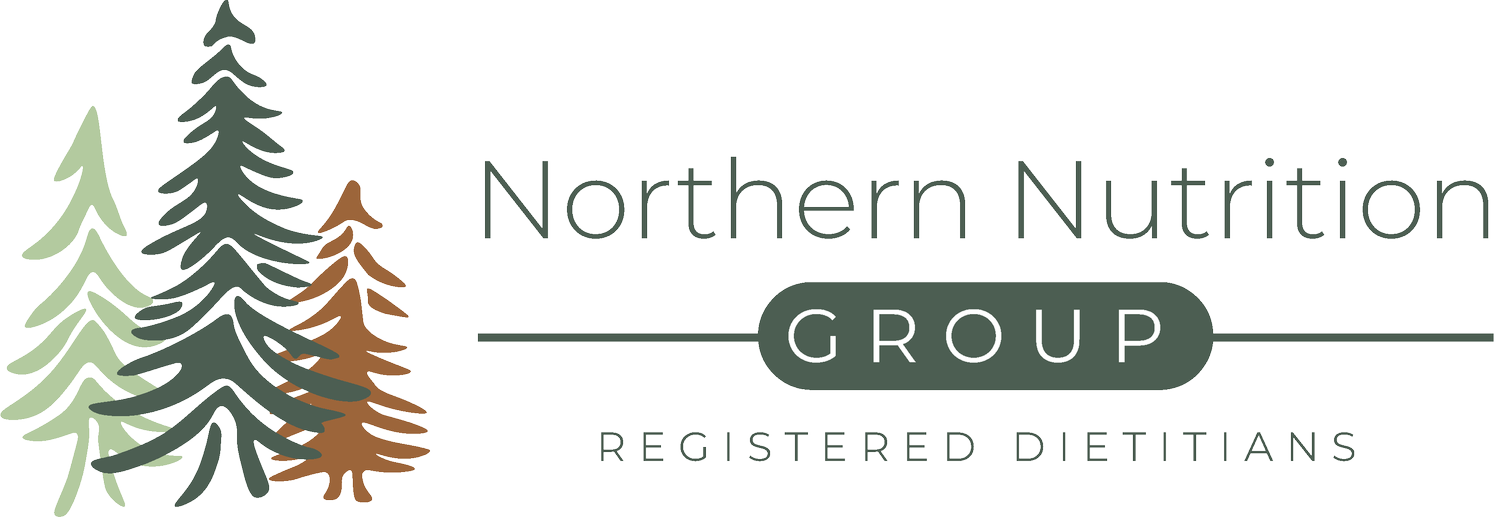Does Sugar Cause Cancer?
Does Sugar Feed Cancer? The Truth Behind the Myth
It’s a common question: Does sugar feed cancer? This idea has caused worry for many people, especially those undergoing cancer treatment. Let’s take a closer look at the science and clear up some of the confusion.
What’s the Connection Between Sugar and Cancer?
Sugar (glucose) is our body’s primary source of energy and is essential for survival, just like water and oxygen. All cells in the body, including cancer cells, rely on glucose for energy. However, it’s important to understand that eating sugar does not cause cancer or accelerate its growth.
Cancer cells use more glucose than normal cells because they grow and divide more rapidly, much like how a car uses more fuel when accelerating. This increased glucose consumption is due to the biological makeup of cancer cells, not that consuming sugar impacts the speed at which cancer grows.
Glucose is not only derived from sugary foods; it is produced from all the carbohydrates we eat, including fruits, vegetables, grains, and dairy. These foods provide essential nutrients like vitamins, minerals, and fiber that are critical for overall health and support the body during illness. Limiting these nutrient-rich foods unnecessarily can deprive the body of the nourishment it needs, especially when managing conditions like cancer. Even if carbohydrate intake is restricted, the body will still produce glucose from protein or fat to meet its energy needs. However, prolonged carbohydrate restriction is not sustainable and will lead to poorer health.
Added Sugar vs. Natural Sugar
It’s important to know the difference between added and natural sugars:
Added sugars: These are simple sugars added to foods during preparation, such as in baked goods or sodas.
Natural sugars: Found in whole foods like fruits, vegetables, grains, and dairy, these sugars are paired with fiber, vitamins, and other nutrients that support overall health.
A diet that includes a small amount of added sugar along with naturally occurring sugars from whole foods can be part of a healthy eating pattern and provide essential nutrients
What Does the Research Say?
Current research does not show that sugar directly causes cancer. While diets high in added sugars may lead to an overall increase in calorie intake, the relationship between sugar, weight, and cancer is complex and influenced by many factors beyond just body size. Weight gain is not inherently harmful, and cancer risk is more accurately associated with genetic, environmental, lifestyle, and physiological contributors, rather than weight alone.
Focusing on a balanced, nourishing diet that includes plant-based foods like vegetables, fruits, whole grains, and beans can support overall health and reduce cancer risk. This approach prioritizes variety and addition of nutrient-rich foods without promoting restrictive or fear-based eating.
Tips for Healthy Eating
Here are some practical ways to balance your diet and reduce cancer risk:
Incorporate Plant-Based Foods
Aim to include a variety of plant-based foods like vegetables, fruits, whole grains, beans, nuts, and seeds in your meals. These foods are naturally rich in fiber, vitamins, and antioxidants that support overall health and may help reduce cancer risk. Instead of focusing on rigid proportions, prioritize balance and diversity on your plate to meet your individual needs.
Be Mindful of Added Sugars
While added sugars don’t directly cause cancer, reducing excessive intake can help maintain overall health and energy balance. Check food labels to choose options with less added sugar, but remember that all foods can fit in a nourishing diet. Swap sweetened beverages for water, herbal teas, or other drinks that align with your taste and energy needs, without unnecessary restriction.
Include Whole Foods
Incorporate more minimally processed foods like whole fruits, vegetables, legumes, and grains into your meals and snacks. These foods provide essential nutrients and fiber that support your immune system and help your body function optimally. Focus on adding these foods rather than eliminating others.Work with Your Medical Team
If you’re undergoing cancer treatment, talk to your doctor or an oncology dietitian about your specific needs. They can help you create a diet that supports your energy levels and overall health.
What’s the Bottom Line?
The idea that sugar feeds cancer oversimplifies a complex and multifaceted matter. Research does not support the idea that sugar directly leads to or accelerates the growth of cancer, and there is no need to eliminate it entirely from your diet. If you’re undergoing cancer treatment, work closely with your healthcare team, including an oncology dietitian, to create a plan that supports your unique needs. They can help tailor your nutrition to manage symptoms, maintain energy levels, and promote overall well-being without unnecessary food restrictions.
If you have questions about nutrition during or after cancer treatment, Northern Nutrition Group is here to help. Contact us for personalized guidance tailored to your needs.
For more information check out https://www.aicr.org/news/the-sugar-cancer-connection/
Written by Jessy Griffel, RD, LN, CNSC
Jessy specializes in: Cancer nutrition care and enteral nutrition support therapy (Tube feeding support), athletes/outdoor enthusiast, plant-based (vegetarian/vegan) diets, nutritional deficiencies and abnormal lab values, and weight concerns addressed through a weight-inclusive approach.
